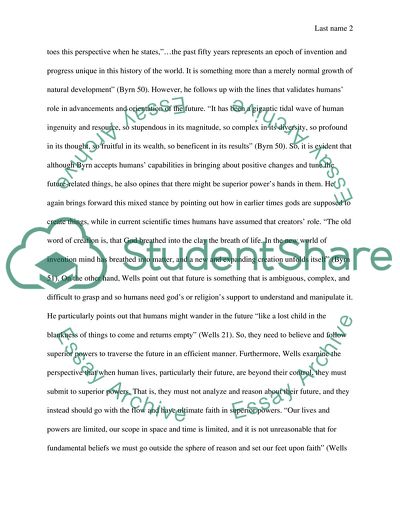Cite this document
(“Role of Religion and REN in Wells and Byrn Essay”, n.d.)
Retrieved from https://studentshare.org/history/1701307-role-of-religion-and-ren-in-wells-and-byrn
Retrieved from https://studentshare.org/history/1701307-role-of-religion-and-ren-in-wells-and-byrn
(Role of Religion and REN in Wells and Byrn Essay)
https://studentshare.org/history/1701307-role-of-religion-and-ren-in-wells-and-byrn.
https://studentshare.org/history/1701307-role-of-religion-and-ren-in-wells-and-byrn.
“Role of Religion and REN in Wells and Byrn Essay”, n.d. https://studentshare.org/history/1701307-role-of-religion-and-ren-in-wells-and-byrn.


